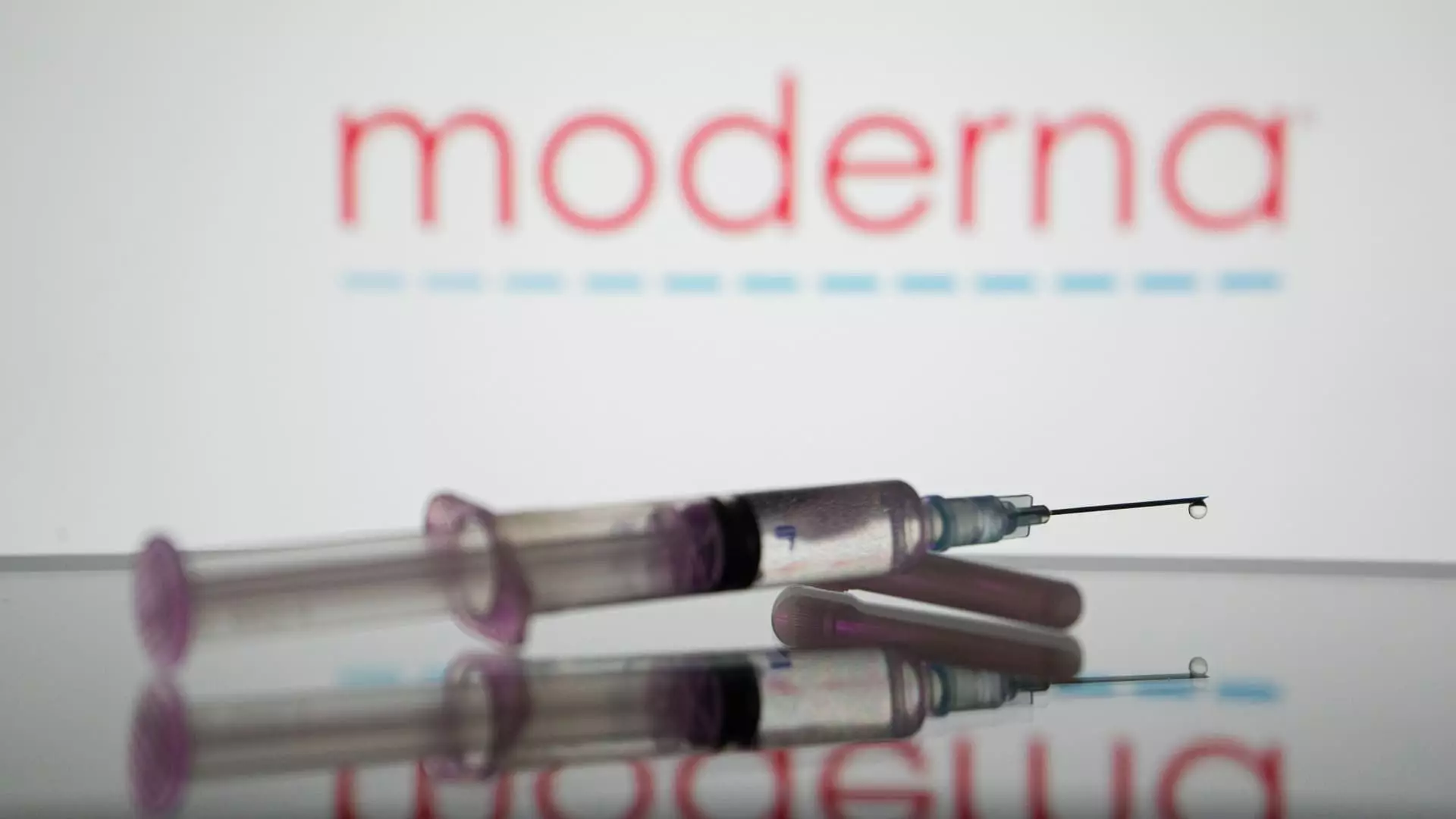Moderna, a biotech company, recently announced that the Food and Drug Administration (FDA) has pushed back the approval of its vaccine for respiratory syncytial virus (RSV) to the end of May. The delay was attributed to “administrative constraints” at the agency. The decision on the RSV shot was initially expected to be made on Sunday. Despite this setback, Moderna clarified that the FDA has not raised any concerns regarding the vaccine’s safety, efficacy, or quality that would hinder its approval.
The approval of the RSV shot holds significant importance for Moderna as the company seeks to recover from the decline of its Covid business in the previous year. If cleared, this vaccine would mark Moderna’s second product to be launched in the U.S., following its once-popular Covid vaccine. Additionally, the RSV shot would be the third vaccine of its kind to enter the market, with Pfizer and GSK having already introduced their versions last year.
Moderna confirmed that its RSV vaccine is scheduled to undergo review by an advisory panel of the Centers for Disease Control and Prevention (CDC) during a meeting on June 26 and 27. This panel will be responsible for voting on recommendations for the vaccine’s use and targeted population, a crucial step before its market introduction. The testing of the RSV shot has primarily focused on older adults, who are at a higher risk of severe RSV cases. CDC data indicates that RSV is responsible for the deaths of thousands of seniors annually, leading to tens of thousands of hospitalizations.
Dr. Stephen Hoge, president of Moderna, expressed gratitude towards the FDA for their continued efforts in reviewing the RSV vaccine application. He emphasized Moderna’s commitment to assisting the agency and looked forward to the upcoming advisory meeting. The approval of the RSV shot would showcase the versatility of Moderna’s messenger RNA platform beyond its applications in Covid treatment. The company is leveraging this technology to address various diseases, including RSV, cancer, and norovirus, a highly contagious stomach bug.
Investors have displayed optimism regarding the long-term potential of Moderna’s mRNA product pipeline. Despite a significant drop in share value in the past year, the company has witnessed a more than 20% increase in its shares in the current year. This growth underscores the belief in Moderna’s innovative approach to addressing healthcare challenges through mRNA technology.
The delayed approval of Moderna’s RSV vaccine raises both challenges and opportunities for the company. While setbacks are inevitable in the pharmaceutical industry, Moderna’s focus on developing groundbreaking solutions for various diseases remains a driving force behind its growth and success.

